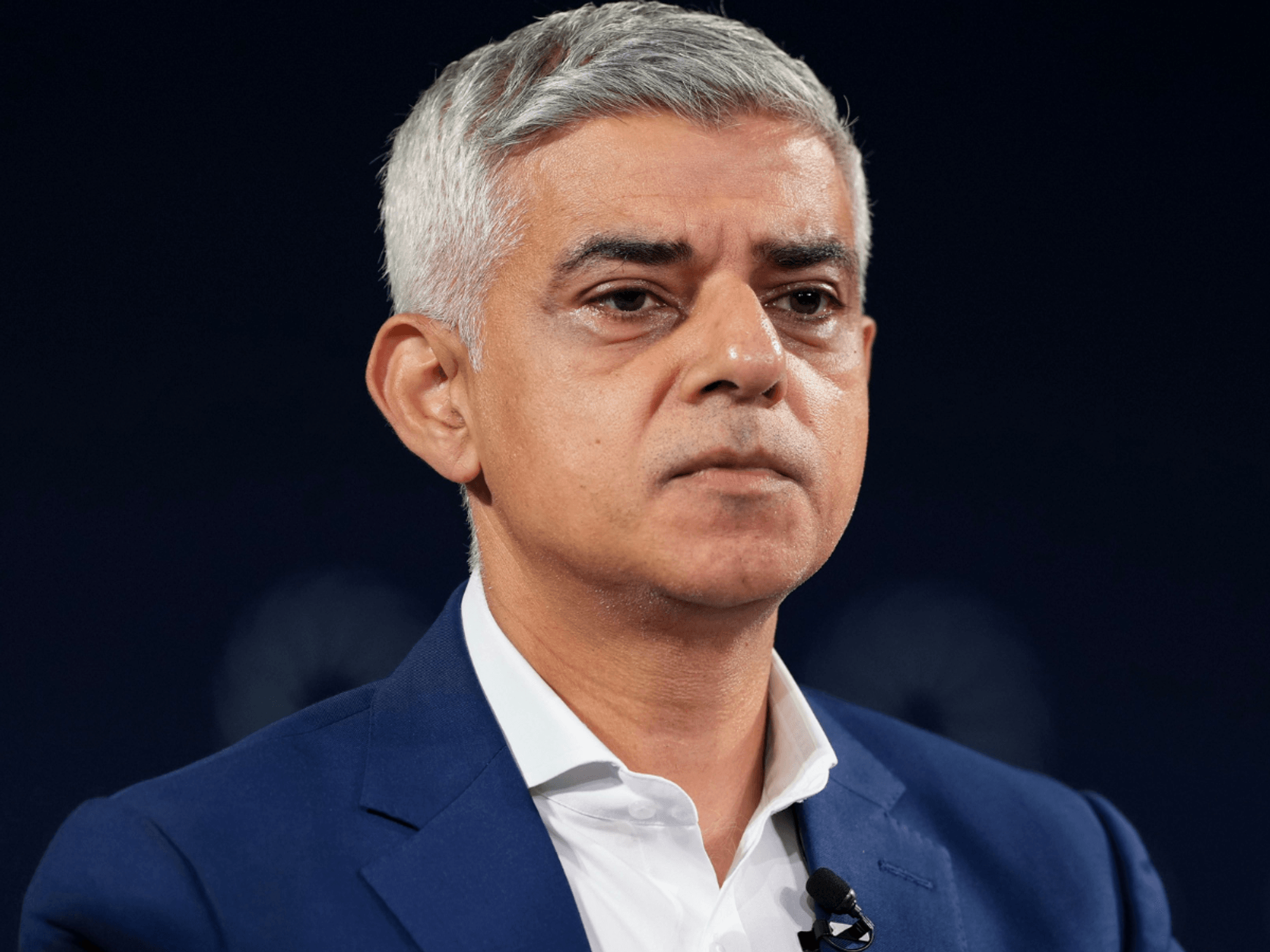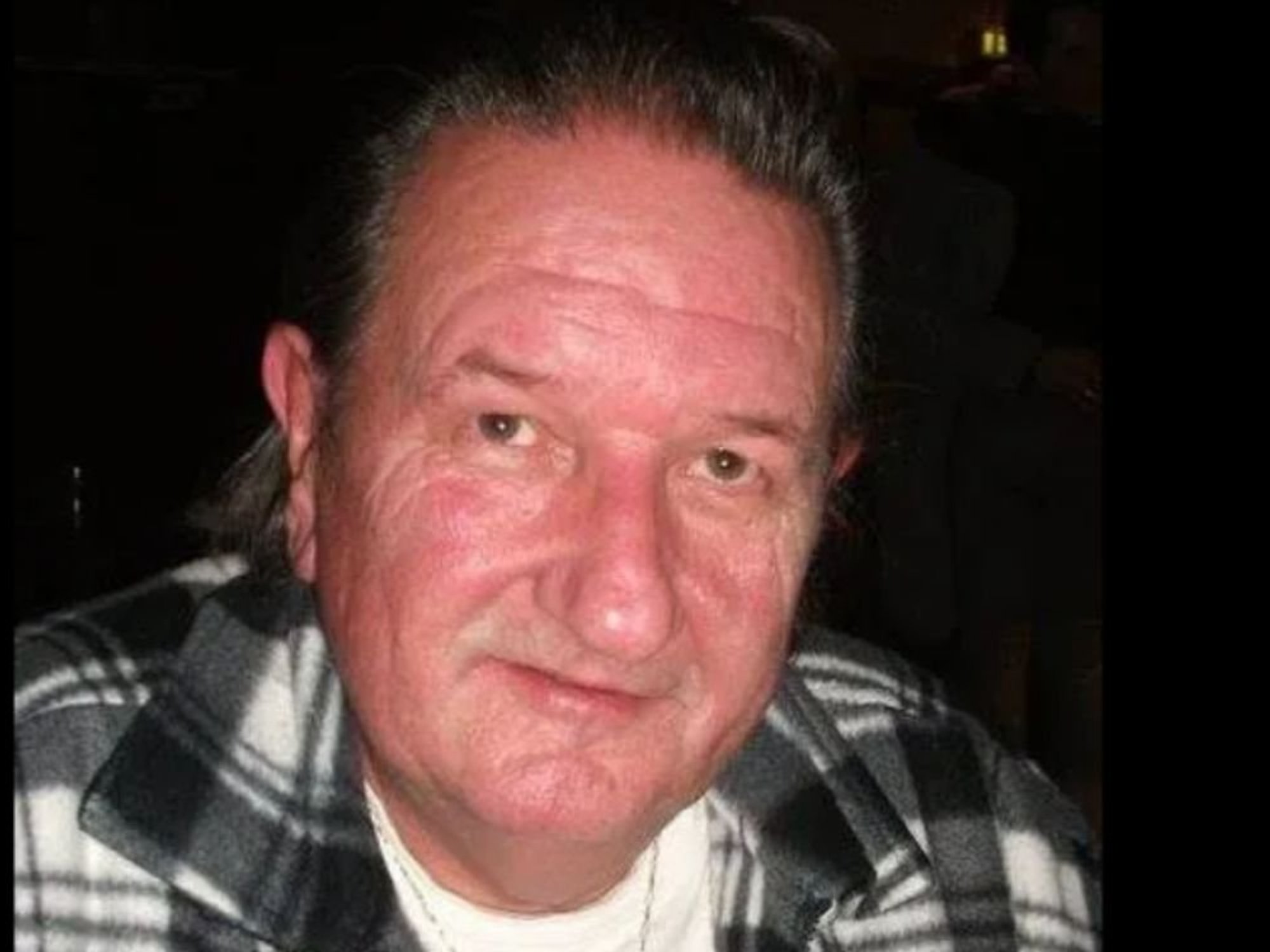Britain’s top judge says victims should use AI to find out if they’ll win in court
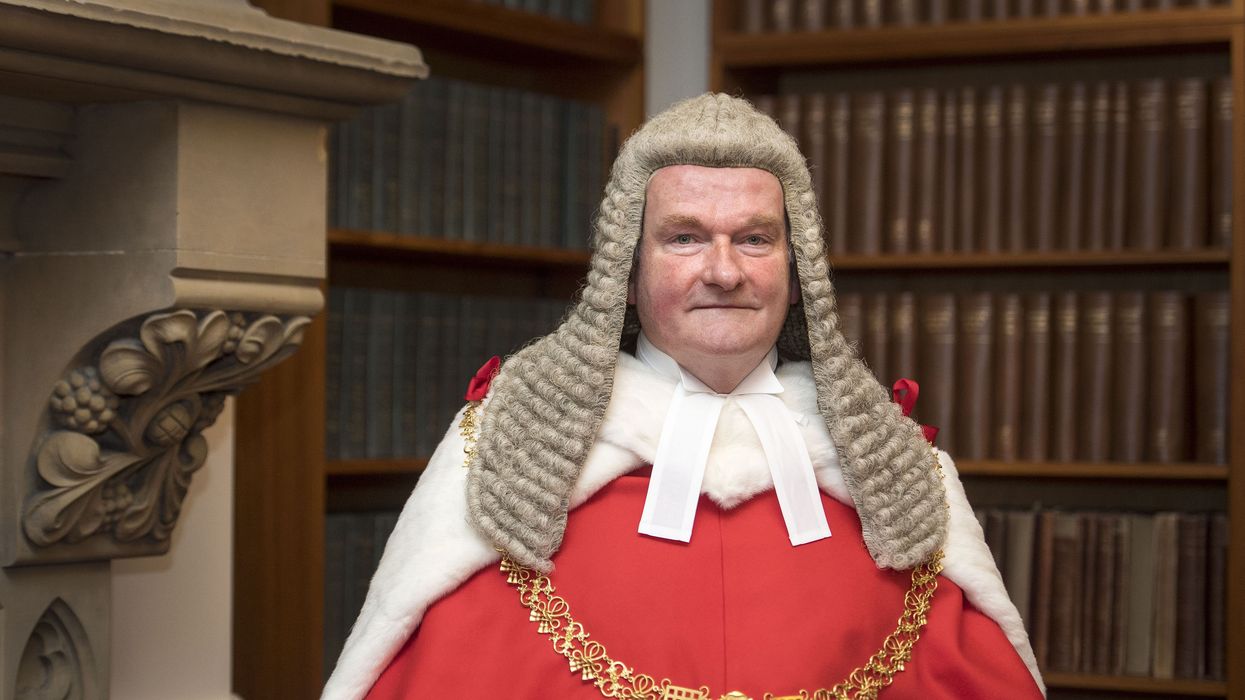
Lord Chief Justice believes AI 'is the sort of thing that would be of some use.'
|PA
Lord Chief Justice lauds Singaporean model of AI providing victims with a prognosis ruling
Don't Miss
Most Read
The Head of the Judiciary in England and Wales has set out his stall on artificial intelligence (AI), encouraging sceptics to embrace AI as a means of increasing “access to justice.”
Lord Justice Burnett of Maldon believes that AI can help individuals gauge their chances of success in the courtroom before committing to legal action.
AI models have the ability to scour current law and case precedents in seconds, delivering an informed though not wholly reliable insight into the claimant’s case.
Addressing the Lords constitution committee, Lord Justice Burnett said: “It is not binding, you can issue proceedings, but it is the sort of thing that would be of some use.
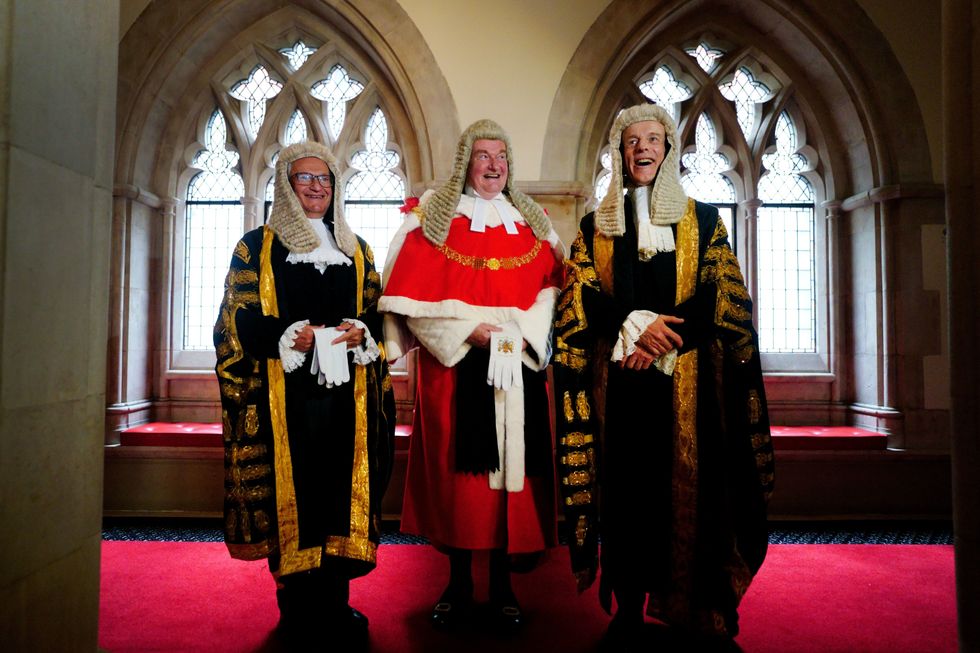
Lord Chief Justice Burnett of Maldon (centre) and Master of the Rolls Sir Geoffrey Vos (left) and Lord Justice Fulford (right)
|PA
“So I think AI is something which we want to be looking at to enhance access to justice.
“The administration of justice and the courts should try to harness developments in technology which enhance the rule of law and what we do.
“We should never be the slave to it, but undoubtedly there will be ways in which artificial intelligence can be used to increase access to justice, for example.”
He added: “I think there will be very obvious ways in which artificial intelligence might be able to steer particularly litigants in person towards resolution of disputes.
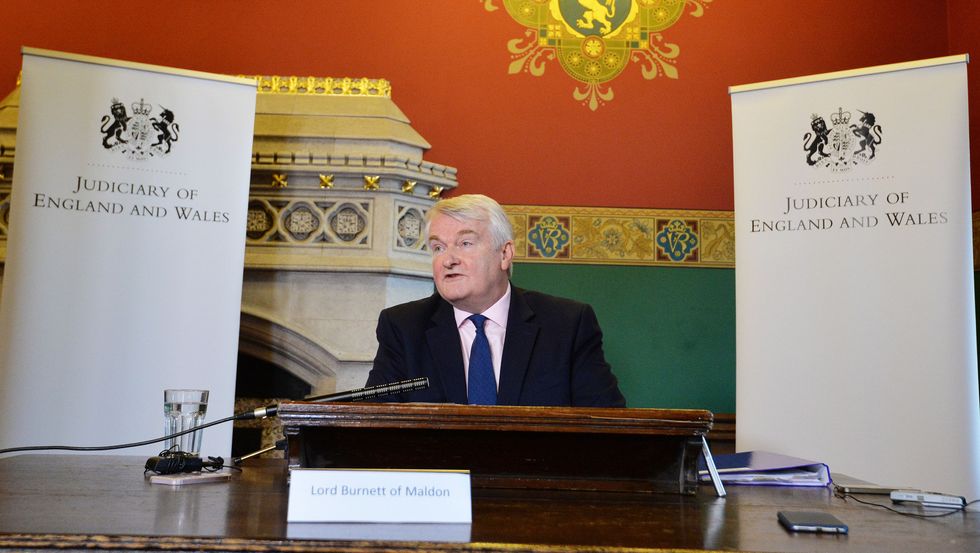
Lord Chief Justice Burnett of Maldon
|PA
“Let me give you an example, something that is already happening in Singapore. If you have a road traffic accident in Singapore, you can now go on to a system, you tap in what you say happened and it tells you roughly what the outcome of any litigation would be.”
The Singaporean model cited is said to be able to determine how liable a person is, depending on the location of the accident, positioning of vehicles, and the severity of the victim’s injury or suffering.
The Lord Justice’s comments come after the Master of the Rolls mused that AI-powered machines could soon be making legally binding decisions in UK courtrooms.
The Master of the Rolls, Sir Geoffrey Vos, 67, believes that AI could “at some stage, be used to take some (at first, very minor) decisions.”
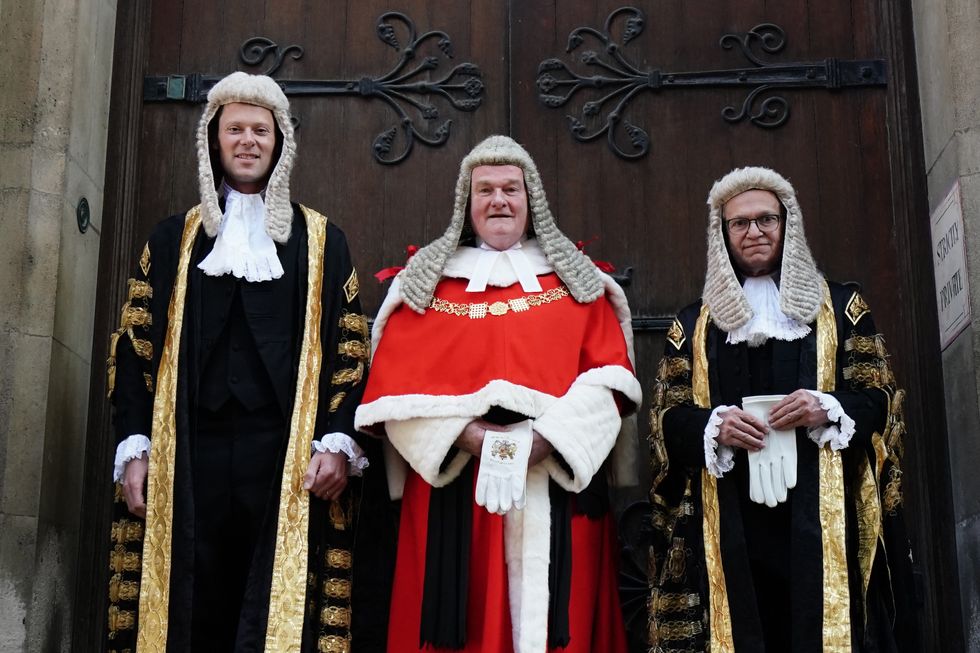
Lord Chief Justice Burnett of Maldon (centre), Master of the Rolls Sir Geoffrey Vos (right), and Secretary of State for Justice Alex Chalk (left)
|PA
This would be conditional to all parties involved knowing “what decisions are taken by judges and what by machines,” and Sir Geoffrey believes that there must “always be the option for an appeal to a human judge.”
However, in theory, the Master of the Rolls believes it is “imperative to embrace digital innovation and AI” in the litigation and arbitration arenas.
The Master made clear that the AI ball is already rolling, for a “digital justice system” is set to be introduced in England and Wales that will signpost citizens to the desired pro-action portal or dispute resolution forum.
Sir Geoffrey said: “That digital justice system will ultimately culminate at the end of what I regard as a “funnel” in the online court process that is already being developed for pretty well all civil, family and tribunal disputes.”
Across the pond, a New York lawyer apologised recently after allegedly using ChatGPT to undertake research that led to several fake cases being submitted to court.
The lawyer, Steven A Schwartz, said that although ChatGPT notifies users that it can “produce inaccurate information”, he was “unaware that its content could be false”.





